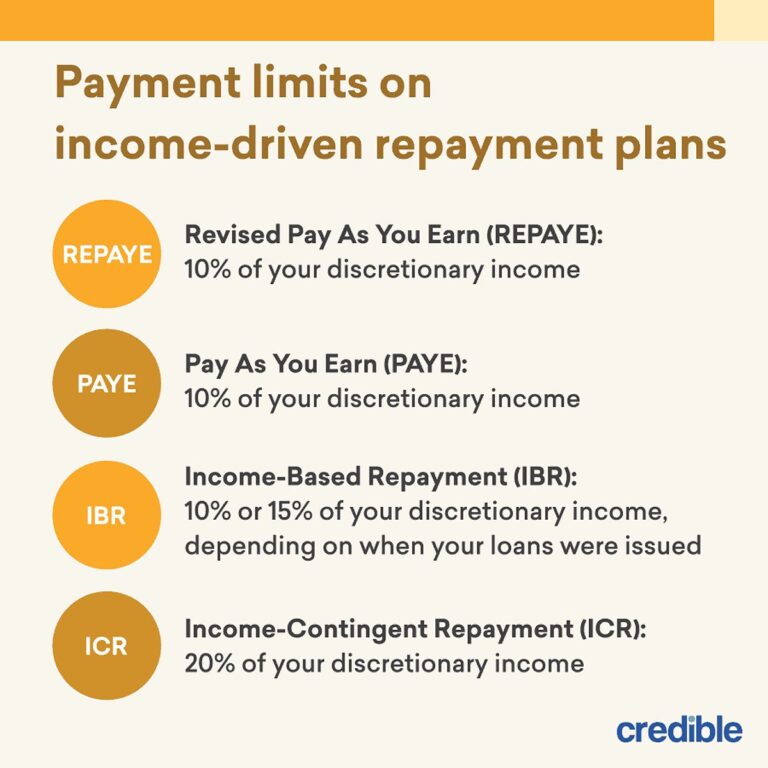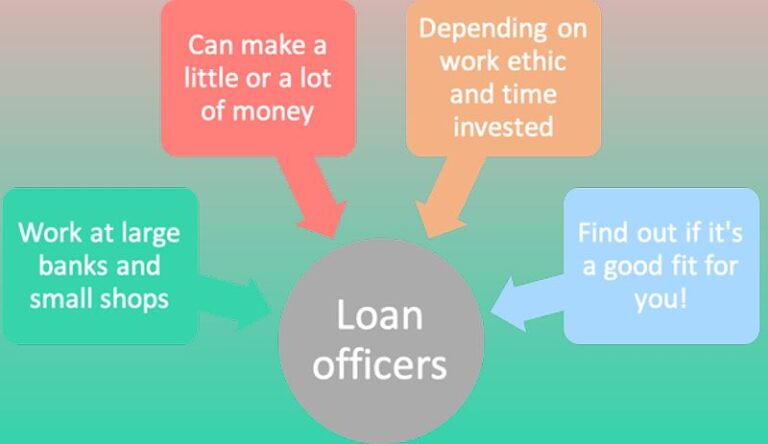Unlocking Growth: Navigating The World Of Long Island Business Loans
Contrary to popular belief, securing a business loan on Long Island isn’t just about having a good credit score. While credit history is crucial, lenders also consider factors like business plan viability, industry trends, and even the specific location of your business. This comprehensive guide delves into the intricacies of Long Island business loans, providing insights into what lenders look for and how to navigate the application process.
Understanding the Long Island Business Loan Landscape
When it comes to financing your Long Island business, you have a diverse range of options to consider. From traditional bank loans to cutting-edge online platforms, each financing solution offers its own advantages and drawbacks.
Traditional Bank Loans: A Foundation for Growth
Traditional bank loans are a tried-and-true option for Long Island businesses seeking stability and long-term financing. These loans often come with lower interest rates, typically averaging around 6.5% as of 2023, according to the New York State Bankers Association. However, they also have stricter eligibility requirements. Banks will closely examine your credit score, business history, and collateral before approving your application. While the process may be more rigorous, a successful bank loan can provide your business with the resources it needs to thrive.
Take the story of John, a Long Island restaurateur who wanted to expand his popular eatery. After carefully preparing his business plan and financial documents, John was able to secure a traditional bank loan that allowed him to renovate his dining room, upgrade his kitchen equipment, and hire additional staff. The additional space and improved operations led to a significant boost in revenue, proving the power of a well-structured bank loan. However, businesses seeking this route should be prepared for a lengthy approval process and extensive documentation requirements, which can sometimes deter those looking for quicker financing solutions.
Asset-Based Loans: Unlocking Capital Quickly

For businesses with strong assets but potentially weaker credit histories, asset-based loans can be a viable alternative. These loans are secured by your company’s assets, such as inventory, equipment, or accounts receivable. While the interest rates may be slightly higher than traditional loans, asset-based financing often has more flexible eligibility criteria and faster approval times. This can be a game-changer for Long Island businesses that need to access capital quickly to seize new opportunities or overcome temporary cash flow challenges.
Consider the case of Sarah, the owner of a thriving Long Island manufacturing company. When Sarah needed to upgrade her aging machinery, she turned to an asset-based lender. By leveraging her current inventory and equipment as collateral, Sarah was able to secure the financing she needed to purchase new, state-of-the-art machines. This investment not only improved her production efficiency but also allowed her to take on larger orders, ultimately driving significant growth for her business. However, businesses should be cautious, as asset-based loans may come with higher interest rates and the risk of losing their collateral if they fail to meet repayment terms.
SBA Loans: Unlocking Government Support
For businesses seeking financial assistance, the U.S. Small Business Administration (SBA) plays a crucial role in supporting small businesses across Long Island through various loan programs. SBA loans, such as the 7(a) and 504 loans, offer lower interest rates, longer repayment terms, and more flexible eligibility requirements compared to traditional bank financing. In 2024, the SBA approved over $1.4 billion in loans to New York small businesses, demonstrating the significant impact these programs can have.
One Long Island business that has benefited from an SBA loan is John’s Landscaping. After several years of steady growth, John was ready to purchase a larger commercial property to expand his operations. By securing an SBA 504 loan, John was able to secure the necessary financing with a lower down payment and a fixed, long-term interest rate. This allowed him to focus on growing his business without the burden of high monthly loan payments. However, while SBA loans offer favorable terms, they often come with stricter eligibility requirements and a more complex application process, which can be a barrier for some entrepreneurs.
Navigating the Loan Application Process
Securing a business loan, regardless of the type, requires meeting certain eligibility criteria. Understanding these requirements and taking proactive steps to strengthen your application can significantly increase your chances of success.
Demonstrating Your Creditworthiness
One of the primary factors lenders consider is your personal and business credit scores. Maintaining a strong credit profile, paying bills on time, and reducing debt can all contribute to a favorable credit score. Additionally, lenders will want to see a proven track record of business success, including consistent revenue, profitability, and a well-established operation.
Presenting a Compelling Business Plan
A well-crafted business plan that outlines your growth strategy can be a powerful tool in securing a loan. Demonstrate to lenders that your business has a clear vision, a competitive advantage, and the potential for long-term success. Highlighting your market analysis, financial projections, and a comprehensive plan for the future can help convince lenders that your business is a worthwhile investment.
Leveraging Collateral and Financial Documentation
Lenders will also closely examine your financial documents, such as tax returns, profit and loss statements, and balance sheets. Ensure these documents are well-organized and accurately reflect the financial health of your business. Furthermore, lenders may require collateral, such as real estate, equipment, or inventory, to secure the loan. Being prepared to provide this collateral can improve your chances of approval.
Finding the Right Lender for Your Long Island Business
When it comes to securing a business loan on Long Island, knowing where to turn can make all the difference. Fortunately, there are a variety of reliable lenders and resources available to help you find the right financing solution.
Connecting with Local Institutions
Many of Long Island’s local banks and credit unions have dedicated business lending departments that specialize in supporting the region’s small businesses. These institutions often have a deep understanding of the local economy and can provide personalized guidance throughout the loan application process.
Exploring Online Lending Platforms
In addition to traditional lenders, there are several online platforms that cater to small business financing needs. These platforms often offer a streamlined application process and a wider range of loan options, from short-term working capital to long-term equipment financing. While the interest rates may be slightly higher, the convenience and speed of these platforms can be invaluable for businesses in need of quick access to capital. However, businesses should carefully research and compare options, as online platforms may have less transparent terms than traditional lenders.
Leveraging Government Resources

The local and federal government also offers a variety of programs and resources to assist small businesses in securing financing. The U.S. Small Business Administration (SBA) has several loan programs, as well as a network of local resource partners, such as the Long Island Small Business Development Center, that can provide guidance and support throughout the loan application process.
Current Trends in Long Island Business Loans
Understanding the trends influencing Long Island business loans can provide valuable insights for entrepreneurs seeking financing.
Increased Use of Alternative Lending
The rise of online lending platforms has provided Long Island businesses with more options for quick and flexible financing. These platforms often cater to businesses that may not qualify for traditional bank loans, offering solutions for working capital, inventory financing, and equipment purchases.
Focus on Sustainability
Lenders are increasingly incorporating environmental and social factors into their lending decisions. Businesses demonstrating sustainability practices, such as energy efficiency or responsible waste management, may be viewed more favorably by lenders.
Digital Transformation
The shift towards digitalization has led to increased demand for financing related to technology upgrades, e-commerce development, and online marketing initiatives. Lenders are adapting to these trends by offering specialized financing options for digital transformation projects.
FAQ
Q: What is the average interest rate for a Long Island business loan?
A: The average interest rate for a Long Island business loan can vary depending on the type of loan, the lender, and the creditworthiness of the borrower. Traditional bank loans typically range from 5% to 10%, while asset-based loans and SBA loans may be in the 7% to 12% range.
Q: How long does it take to get approved for a business loan?
A: The time it takes to get approved for a business loan can also vary depending on the lender and the complexity of the application. Generally, traditional bank loans can take 4-8 weeks for approval, while asset-based loans and SBA loans may take 2-4 weeks. Online lending platforms often have faster approval times, sometimes within a few days.
Q: What are the common reasons for business loan denials?
A: Common reasons for business loan denials include poor personal or business credit, insufficient cash flow or profitability, lack of collateral, limited business history, and incomplete or poorly prepared loan applications.
Q: What are some tips for negotiating loan terms?
A: When negotiating loan terms, it’s important to be prepared with a clear understanding of your business’s financial needs and the current market conditions. You can try to negotiate for lower interest rates, more favorable repayment schedules, or reduced fees. Having a strong negotiating position, such as a well-thought-out business plan and good credit, can also help.
Conclusion: Unlocking Your Long Island Business’s Potential
In the ever-evolving landscape of small business financing on Long Island, entrepreneurs have a wealth of options to consider. From traditional bank loans to innovative asset-based financing and SBA-backed programs, the right business loan can be the key to unlocking your long-term growth and success. A well-structured business loan can provide the financial foundation needed to propel your Long Island company to new heights. By understanding the eligibility criteria, preparing the necessary documentation, and leveraging the right resources, you can navigate the loan application process with confidence and secure the capital your business needs to thrive.







